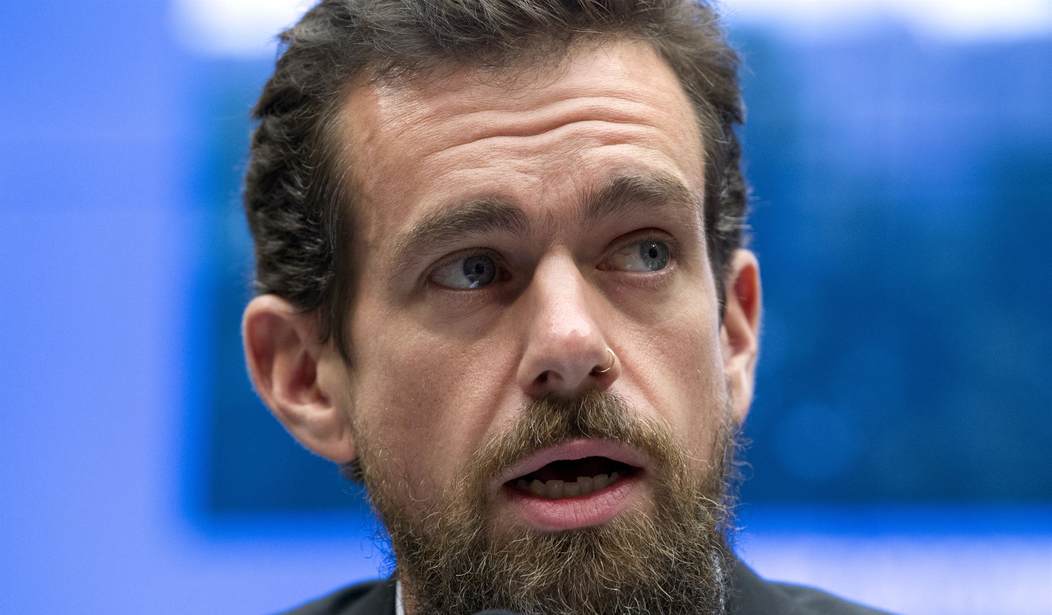In recent days I’ve been made aware of dozens of conversations by former Twitter users that thousands of people might not only be eligible to sue #BigTweet but expect a bit of a payday in doing so.
Beginning the day following the January 6th activities in Washington, DC, Jack Dorsey got aggressive, hostile, and intentional in the mishandling of his enterprise.
The argument that Twitter—as a private company—can do what they wish with impunity is holding less water as the scope of the malfeasance is coming to light.
By estimates from my own observation and discussion with others, Dorsey intentionally maligned the welfare of his company. In most publicly traded corporations this would be tolerated for no more than a nanosecond.
His actions intentionally injured the return on investment of shareholders and taking such actions violated the basic fiduciary rights investors expect to be upheld. Given that the top 10 owners of the 751 million shares of Twitter’s stock are all financial services and mutual fund companies there are a lot of shareholders that have said expectations.
And last week Jack Dorsey purposely and with malice of forethought made all of them take a bath. He did so without any justification for his actions as it pertained to the welfare of the corporation. His actions caused the company to lose 16 percent of stock value—close to $7 billion in actual dollars—and in essence killed its ability to deliver its number one product: an audience.
So there are plenty of reasons shareholders, the public, and former Twitter users should consider legal recourse.
Let me highlight the four most obvious reasons why (in no particular order.)
Recommended
Rule 230 and Monopolization: It's been discussed in Washington that the predatory aspect of Twitter’s self “sheriffing” of “misinformation” reached all time levels of interference of free speech in this election cycle. “Platforms” don’t do such things. “230 platforms” are required, in fact, to be as free of such interference as possible. And since the purge of 2021 Twitter has stepped up their aggressive monitoring of speech by even preventing readers from liking, reposting, or commenting on posts they arbitrarily dislike. Doing all of this on their own platform is bad. Acting in concert with their friends across social media to help see competitors then shut down and eliminated moves them into the discussion of whether they are acting as an untouchable monopoly.
Double Standards In Rule Enforcement: As part of the purge last week my Twitter channel was suspended for supposed “threat of violence.” We appealed the ruling. We disagreed with the reading of the post they flagged as such and we sent supporting evidence through their electronic portal. We have yet to hear their response. If it is based on the original post that we believe that it is they flagged us for simply observing that Twitter’s suspension of Trump was in fact an “impaling” of their own future business profitability. To hoist one with their own petard is the literary picture I was using to describe their business decision to deplatform the president. Since the purge, David Marcus, writer for The Federalist, appeared on my show to describe the wide range of true threats of violence that Twitter was still allowing even as the of the writing of this scrib. “Assassinate Trump, Kill Trump,” are all still present. The Iranian Supreme leader’s account has hundreds of posts describing horridly violent treatment that Israelis “deserve.” Uneven enforcement of their own rules for interfering with free speech is a Constitutional claim on equal justice grounds and should be argued as much.
Reckless and Purposeful Fiduciary Liability: I’m not a lawyer, nor am I an investment or financial planning expert but I have worked for more than my share of media companies. From the boardroom to the studio to the website, the primary discussion of media companies is centered on only one thing: audience. Publicly traded media companies have an even bigger reason to focus so intently: shareholders. When Jack Dorsey decided to purge tens of thousands of pages he eliminated his shareholders’ abilities to profit from billions of page views, interactions, and promotion. My rather tiny account had just reached the 150k plateau on Twitter. But that rather small account drove 200,000,000 impressions over November/December of 2020. If President Trump had the same (or likely better) ratio of response that would mean he delivered 117,000,000,000 (billion) impressions over the same time period. Considering we’re a nation of roughly 300 million consumers that level of engagement—from an audience standpoint – is unlike any other messaging ability ever created. Investors like that because when Twitter sells ads it insures that people see them. Add to President Trump’s loss of audience the simultaneous prevention of consumers from being able to access his tweets. Now think about what happens to all of that audience and engagement when (as he inevitably will) he lands at another outlet—or builds one himself. What recourse has the Twitter shareholder been given?
Jack Dorsey intentionally and willfully torpedoed his own company. But it’s not his to do that with anymore. It belongs to millions of people owning those 751 million shares.
In discussing with legal experts all of us who have been impacted negatively would be wise to form the largest class action suit in history.
And if you’re an attorney who is bold enough to step forward to do so, let’s start the conversation, it’s time to save free speech.
And we can start by holding Jack accountable!

























Join the conversation as a VIP Member